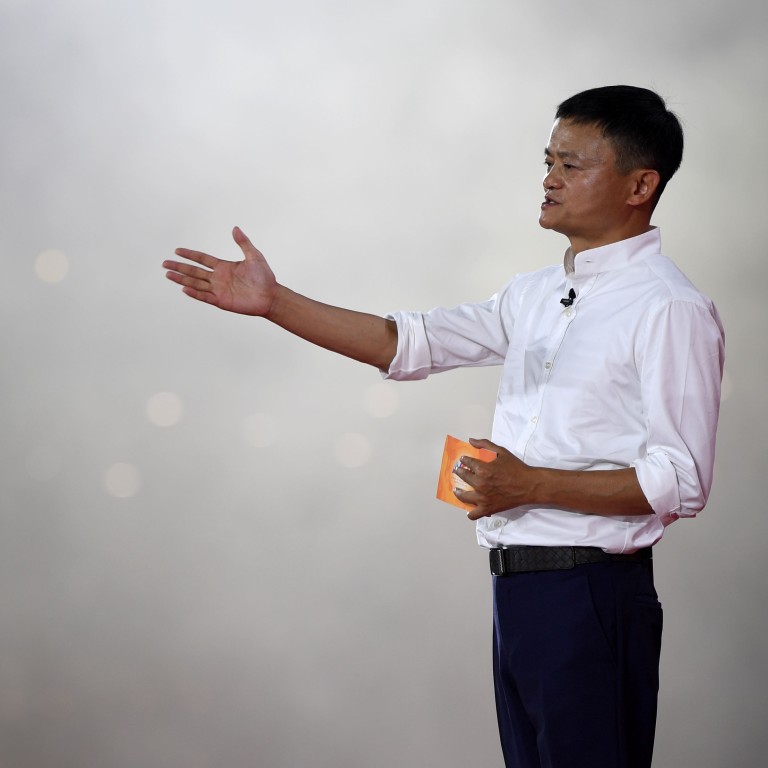
Successful transition at Alibaba lights the way for China firms
- By handing over reins of e-commerce giant at 55, Jack Ma has shown that an orderly approach and refreshed vision of future not only benefits company but also nation’s progress
What does the future hold for Alibaba as Jack Ma bids adieu?
On a broader scale Ma’s description of his retirement as the “beginning of a succession system” is important to China. A lot of Western economies have had hundreds of years’ experience developing corporate governance and culture, including how to hand company operations to the next generation. In China a new generation of private entrepreneurs only started to appear in the 1980s and 1990s and the first generation often remains entrenched.
Despite China’s stellar growth and success in eradicating poverty among hundreds of millions, business transition remains a challenge for continued economic development. Indeed, it is estimated that if the generational transition is mishandled the adverse impact on the economy – particularly the private sector which generates most jobs and growth – could be a lasting drag to China’s progress.
With the economy facing headwinds, the government has become more supportive of the private sector. But successful transition cannot be driven by government support alone. Company founders are prone to keep working well into normal retirement years. This is not conducive to an orderly transition and an articulate vision of the future direction for a company and its employees. Worse for everyone, successors can take the reins when past their prime.

